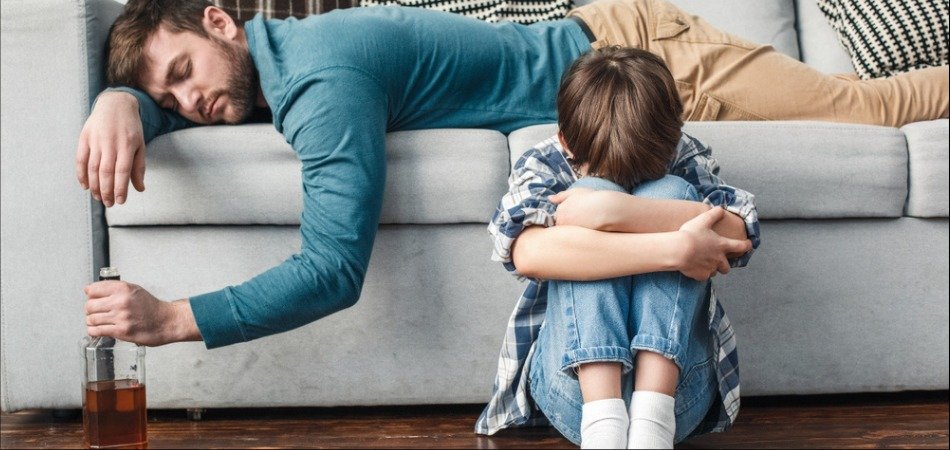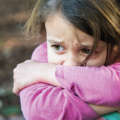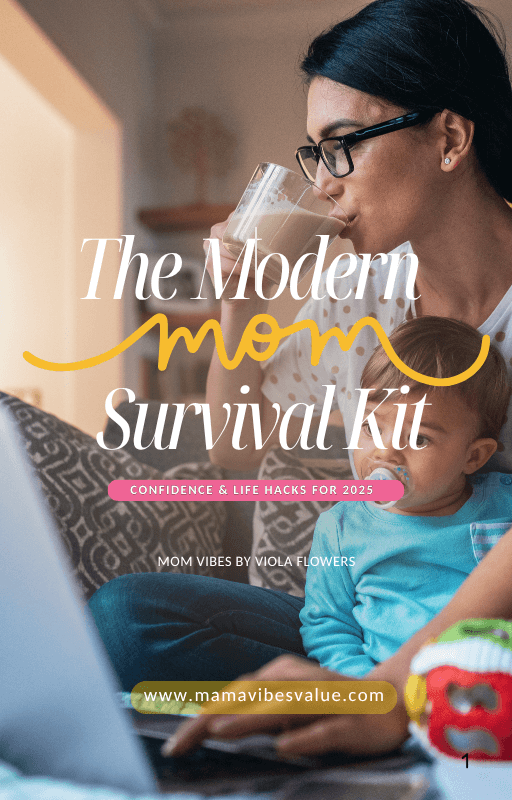Picture this: It’s a Tuesday morning, and little Sarah is carefully tiptoeing around broken glass in the living room, her stomach rumbling because there’s nothing in the fridge except condiments and expired milk. She’s mastered the art of being invisible, of not making noise that might wake the person she loves most in the world—her mom, who’s been sleeping off another bender on the couch. This scene, heartbreaking as it is, plays out in countless homes across America where drug addict parents struggle with the demons of addiction while their children learn to navigate a world that feels as fragile as spun glass.
The reality is that addiction doesn’t discriminate, and when it enters a family home, it affects everyone—especially the most vulnerable members: the children. But here’s what every parent, educator, and community member needs to understand: behind every statistic about drug addiction parenting is a family desperately searching for hope, healing, and a way back to wholeness.
The Staggering Reality: When Numbers Tell Human Stories
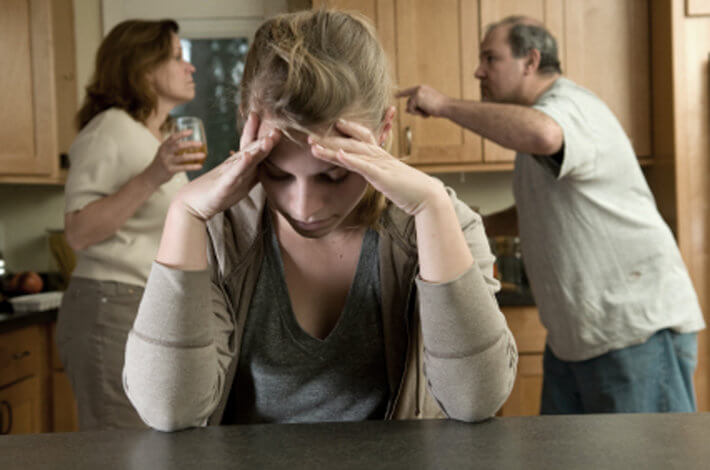
Let’s talk numbers for a moment, because sometimes data helps us grasp the sheer magnitude of what we’re dealing with. Recent studies reveal that 7.6 million children live in a household with a parent that has either a moderate or severe substance use disorder. That’s not just a statistic—that’s 7.6 million bedtime stories interrupted by chaos, 7.6 million school mornings filled with uncertainty, and 7.6 million young hearts learning to love someone who’s battling an illness they can’t fully understand.
Even more striking? An estimated 11 percent of children in the US grow up in the home of an adult with a substance abuse history or current addiction. Think about that classroom of 20 kids your child sits in every day—statistically, at least two of those children are going home to environments where drug addicted parents are struggling with substance abuse.
But here’s what those numbers don’t capture: the resilience of children, the possibility of recovery, and the incredible strength that families can find when they have the right support and resources.
The Ripple Effect: How Addiction Transforms Family Dynamics
When we talk about drug addict parents, we’re really talking about a family disease that spreads its tentacles into every corner of home life. Addiction is like a storm that never quite passes—it changes the very atmosphere of a household, creating an environment where unpredictability becomes the only constant.
Children in these homes often become little adults way too early. They learn to read moods like weather patterns, to sense when a storm is brewing in their parent’s eyes. They might take on responsibilities that would challenge adults—cooking dinner, getting younger siblings ready for school, or even hiding money so there’s something left for groceries.
The impact can begin even before birth, with maternal substance abuse causing damage to the growing fetus resulting in birth defects, fetal alcohol syndrome, and/or fetal alcohol effects. This reality underscores how drug addiction parenting affects not just current family dynamics, but can influence a child’s entire life trajectory from their very first breath.
The emotional landscape of these homes often resembles a minefield. One day might bring laughter and promises of change, while the next could spiral into chaos, broken commitments, and tears. Children learn to hope cautiously, to love fiercely while protecting their hearts from disappointment that comes as regularly as sunrise.
The Invisible Wounds: Understanding the Impact on Children
Here’s something that might surprise you: kids don’t just “bounce back” from growing up with parents who are drug addicts. The effects run deeper than scraped knees or hurt feelings—they often reshape how a child sees the world, relationships, and their own worth.
Research shows there is a higher prevalence of depression, anxiety, eating disorders and suicide attempts among children of addicts than among their peers. Additionally, these children are 3-4 times more likely than others to become addicted to alcohol or other drugs themselves.
But let’s unpack what this really means in day-to-day life. Imagine being eight years old and never knowing if your mom will pick you up from school or if you’ll be waiting there until a teacher calls your emergency contact. Picture being a teenager who can’t bring friends home because you never know what state you’ll find your parent in. Think about learning to lie effortlessly to teachers, neighbors, and even yourself because admitting the truth feels too dangerous, too shameful.
These children often develop what professionals call “hypervigilance”—they’re constantly scanning their environment for signs of danger or change. They might excel in school as a way to feel control, or they might struggle because it’s hard to concentrate when your home life feels like standing on quicksand.
Yet here’s what’s remarkable: these same children often develop extraordinary empathy, resilience, and problem-solving skills. They learn to be resourceful, to find joy in small moments, and to love unconditionally even when that love isn’t always returned in healthy ways.
Breaking the Cycle: When Parents Recognize the Problem
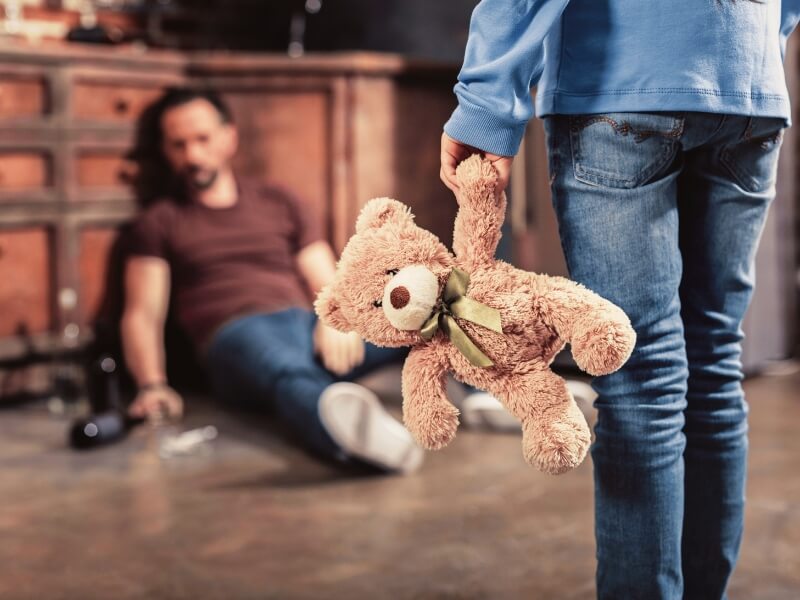
One of the most crucial moments in any family’s journey with addiction happens when drug addict parents reach that pivotal point of recognition—when they look around and see not just their own pain, but the impact their choices are having on their children. This moment is both devastating and filled with hope, like dawn breaking after the longest night.
Recovery isn’t a straight line, and for parents, it’s often complicated by shame, fear of legal consequences, and the overwhelming task of rebuilding trust with their children. Many addicted parents want desperately to change but don’t know where to start or feel paralyzed by the magnitude of damage they perceive they’ve caused.
The truth is that recovery is possible, families can heal, and children are often more forgiving than parents believe. But it requires more than just stopping drug use—it demands a complete restructuring of family life, often with professional help, support groups, and a commitment to doing the hard work of rebuilding relationships.
Parents in recovery often describe it as learning to parent all over again, this time with clear eyes and steady hands. They have to earn back trust through consistency, learn new coping mechanisms for stress, and often deal with their own childhood trauma that contributed to their addiction in the first place.
The Healing Journey: Supporting Children Through Recovery
When parents are drug addicts and begin the recovery process, children need their own support system. They’ve spent months or years in survival mode, and learning to trust again—to believe in stability—takes time and often professional guidance.
Children might initially resist their parent’s recovery efforts. After all, they’ve been disappointed before. They might act out, test boundaries, or seem to sabotage progress. This isn’t defiance—it’s protection. They’re essentially asking, “Is this real this time? Can I let my guard down?”
Programs specifically designed for children emphasize that kids need to know they’re not the cause of their parent’s alcohol or drug addiction and need skills for making their own healthy choices. This understanding forms the foundation of healing for children who have shouldered inappropriate responsibility and guilt.
Family therapy becomes crucial during this phase. It’s not enough for the addicted parent to get clean—the entire family system needs to learn new ways of communicating, setting boundaries, and building trust. Children need safe spaces to express their anger, fear, and hurt without worrying about triggering a relapse or causing more family disruption.
Building Support Networks: Resources for Families
No family should navigate the choppy waters of addiction alone. Thankfully, there are numerous resources available for families dealing with drug addiction parenting challenges.
The National Association for Children of Addiction (NACoA) has a mission to eliminate the adverse impact of alcohol and drug use on children and families, envisioning a world in which no child who struggles because of family addiction will be left unsupported.
SAMHSA’s National Helpline, 1-800-662-HELP (4357), provides confidential, free, 24-hour-a-day, 365-day-a-year information service in English and Spanish for individuals and family members facing mental and substance use disorders.
Support groups specifically for children of addicts provide peer connections that can be incredibly healing. When a child realizes they’re not alone—that other kids understand the unique challenges of loving someone with addiction—it can lift a burden they didn’t even realize they were carrying.
For parents in recovery, groups like Narcotics Anonymous or Alcoholics Anonymous offer community and accountability. Many areas also have specialized support groups for parents working to rebuild relationships with their children.
Schools can also play a vital role. Teachers and counselors trained to recognize signs of family addiction can provide stability and support during school hours, offering children a safe harbor in what might otherwise be a stormy day.
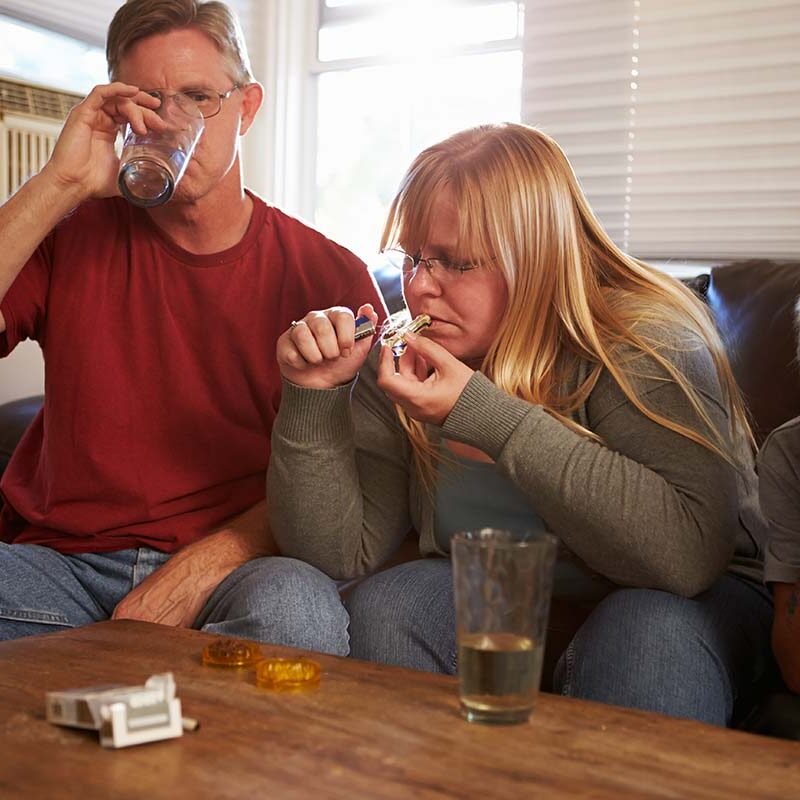
Practical Strategies for Supporting Affected Children
If you’re an educator, neighbor, extended family member, or friend who suspects a child is dealing with drug addict parents, there are concrete ways you can help without overstepping boundaries.
First, provide consistency wherever possible. If you’re a teacher, maintain predictable routines. If you’re a neighbor, perhaps you can be the house where kids know they can always get a snack or use the bathroom. These small gestures of reliability can mean the world to a child whose home life feels chaotic.
Listen without judgment. Children from these environments often carry shame about their family situation. Creating space for them to share—without immediately jumping to advice or action—can provide much-needed emotional release.
Educate yourself about addiction as a disease. Understanding that addiction is a medical condition, not a moral failing, will help you approach both the parent and child with compassion rather than judgment.
Know your resources. Keep information about local support services handy. Sometimes the most helpful thing you can do is simply know where to direct someone when they’re ready to seek help.
The Role of Extended Family and Community
Drug addicted parents don’t exist in a vacuum—they’re part of extended families and communities that can either help or hinder recovery efforts. Grandparents, aunts, uncles, and family friends often find themselves in difficult positions, wanting to help but unsure how to do so without enabling addiction or inadvertently making situations worse.
The key is understanding the difference between helping and enabling. Helping might look like offering to babysit so a parent can attend a recovery meeting, or providing a safe place for children during particularly difficult periods. Enabling might look like giving money that could be used for drugs, or constantly making excuses for addicted behavior.
Community members can also make a significant difference. Churches, community centers, and local organizations can provide programming specifically designed for at-risk children, offering mentorship, tutoring, and safe spaces to just be kids.
Hope for the Future: Recovery Success Stories
Here’s what every family dealing with addiction needs to know: recovery is possible, relationships can be rebuilt, and families can emerge from the darkness of addiction stronger than before. The journey isn’t easy, and it’s rarely quick, but it is absolutely achievable.
Many adults who grew up with drug addict parents go on to lead healthy, fulfilling lives. Some become advocates, therapists, or work in addiction recovery themselves, using their experiences to help other families. Others simply build the stable, loving families they dreamed of as children.
Parents in recovery often describe the profound joy of seeing their children learn to trust again, of having real conversations instead of walking on eggshells, of creating new family traditions that aren’t centered around hiding or surviving addiction.
Nearly one in four children in America grows up in homes impacted by alcohol or drug addiction, but with proper support and intervention, these children don’t have to be defined by their early experiences.
Creating Safety Plans and Emergency Protocols
For families currently dealing with active addiction, having safety plans in place can provide children with concrete steps to take during crisis situations. These plans might include:
- Identifying trusted adults children can call or go to for help
- Teaching children how to recognize signs of overdose and who to call
- Establishing safe places where children can go if home becomes unsafe
- Ensuring children know it’s not their job to take care of their addicted parent
- Creating communication systems with schools or other institutions
These plans aren’t about giving up on recovery—they’re about protecting children while parents work toward sobriety.
The Importance of Self-Care for Affected Children
Children dealing with parents who are drug addicts often grow up believing their needs don’t matter, that taking care of themselves is selfish. Learning self-care isn’t just important—it’s essential for breaking cycles of codependency and addiction.
This might look like encouraging children to pursue hobbies and interests that bring them joy, teaching them it’s okay to have emotions and express them healthily, or helping them understand that they deserve love and care regardless of their family situation.
For older children and teenagers, this might include education about addiction, genetics, and their own risk factors, along with tools for making healthy choices about substances and relationships.

Looking Forward: Building Resilience and Breaking Cycles
The goal isn’t just to help families survive addiction—it’s to help them thrive in recovery and beyond. This means addressing not just the immediate crisis of substance abuse, but also the underlying trauma, mental health issues, and systemic problems that often contribute to addiction.
For children, this might mean therapy to process their experiences, educational support to address any academic gaps created by family chaos, and opportunities to develop healthy relationships with trusted adults and peers.
For parents, it often means comprehensive treatment that addresses not just addiction but also parenting skills, trauma healing, and life skills that may have been neglected during periods of active use.
Taking Action: How You Can Make a Difference
Whether you’re a parent in recovery, a child of addicted parents, or a community member who wants to help, there are concrete steps you can take to make a difference in the lives of families affected by addiction.
Every family is unique, but all families share a bond that can be used to support one another during trying times. This bond, even when strained by addiction, can become the foundation for healing and recovery.
Start by educating yourself about addiction and available resources. Volunteer with organizations that support children and families affected by substance abuse. Advocate for better funding for treatment programs and family services. Most importantly, approach these issues with compassion and understanding rather than judgment.
If you’re currently dealing with drug addiction parenting in your own family, remember that seeking help isn’t giving up—it’s giving your family the best chance for a healthy future. Recovery is a gift you give not just to yourself, but to your children and generations to come.
The journey from addiction to recovery, from broken trust to rebuilt relationships, isn’t easy. But for the millions of families affected by drug addict parents, it’s a journey worth taking. With the right support, resources, and commitment, families can heal, children can thrive, and the cycle of addiction can be broken.
Every child deserves to feel safe, loved, and valued. Every parent deserves the chance to recover and rebuild. And every family touched by addiction deserves hope for a brighter tomorrow. That’s not just a dream—with the right support and resources, it’s an achievable reality.
